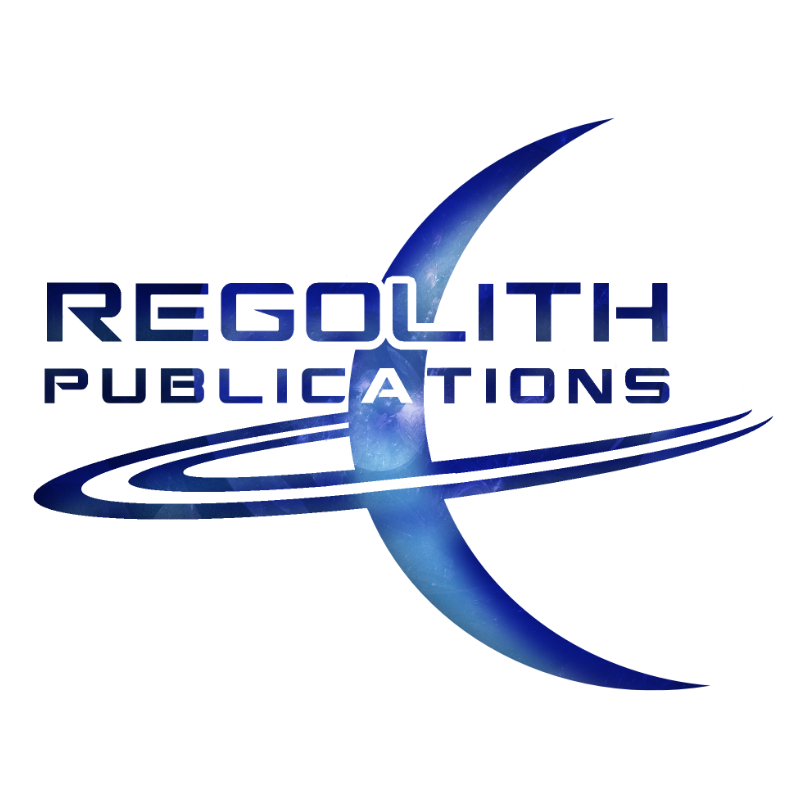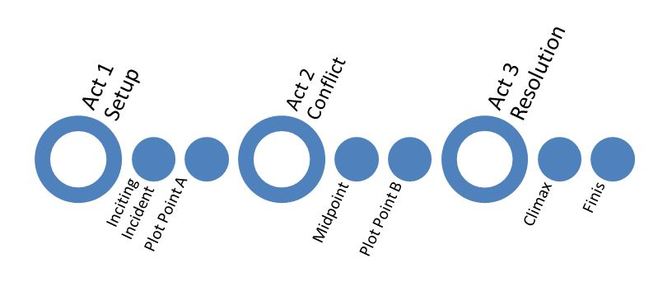 How to Write and Other Writerly Things Part 1: Three Steps to Becoming a Writer By Tristan Vick Aristotle believed all stories followed a basic three structure pattern. In his work called The Poetics,[1] Aristotle layed out what he believed were the basic elements of any story.
This has given rise to the modern method of writing plays and stories, including most genre fiction, in three parts called a three-act structure. Unlike traditional storytelling, television is most often written in a four-act structure which includes a fourth act of a reversal and/or a hook. These are used expertly in serialized series to keep you “hooked” (literally) so that you will continue watching the show. Some examples of series which utilize this style to maximum benefit are Breaking Bad, Game of Thrones, True Blood, and Ronald D. Moor’es Battlestar Galactica. It’s good to keep these basics in mind, as it has lead to how most people think about stories and how they are written. Once we've gained a basic understanding of how it should be, that’s when we can experiment with structure and form. But we’re getting ahead of ourselves. As the old adage goes, if it’s not broken, then don’t fix it. I tend to agree. The three-act structure is a good template, and why mess with it if it works so well? For our purposes, we’ll be focusing mainly on the three-act structure. Later on I will talk about adding extras like prologues and epilogues. But in order to add such things you first have to have a story in mind. So grab a notepad (because all serious writers have one on them 24/7) and begin jotting down your amazing ideas! Although thinking of a story, what characters you want to have, and what you want to say is technically the first step—since you can’t write a story without having one in mind first. So, let’s get brainstorming! STEP 1: Brainstorming and Preparation Actually, come to think of it, the preliminary step can be broken into other necessary steps, like finding a good pen and writing pad, or simply getting your required daily fix of coffee (or tea). So once you've got these things, you can finally begin crafting the perfect story. Some story ideas come easily. Others require a bit more work. In the brainstorming and preparation stage you will want to take time to do any research or homework necessary to help you add realism and believibility to your story. Also, if you are attempting to expand your writing skills, and want to branch out and try your hand at wring other genres, this would be a good time to read up on those genres. In other words, don’t go into anything new blind. As a writer, it is your responsibility to do all the necessary research and homework during the brainstorming stages. For example, when I wrote my first zombie novel Bitten: A Resurrection Thriller, I knew relatively little about the zombie genre apart from the handful of zombie films I had seen, like The Rising Dead and Sean of the Dead. So I went about familiarizing myself with the genre by reading zombie fiction. I read everything from traditionally published authors like Jonathan Maberry’s Patient Zero and Dead of Night, as well as Max Brooks’ World War Z, to smaller press books and self published indy authors like Mark Tufo’s Zombie Fallout, Mainak Dhar’s Alice in Deadland,Tonia Brown’s Baddass Zombie Roadtrip and Lucky Stiff, and Rhiannon Frater’s The Living Dead Boy and The Last Bastion of the Living. After familiarizing myself with the genre and the different voices, I went ahead and did some author interviews. I interviewed both Mainak Dhar and Tonia Brown, and got good insights into writing zombies as well as just writing in general. Later on, once I had finished my novel, Mr. Dhar was even gracious enough to preview my zombie book and write the promotional blurb for the back cover. I find that this preliminary step is good not only to get all your homework done, but it helps establish you as an aspiring writer and gets your name out there, which will become important later on when you’re trying to brand yourself as a serious author and when begin to promote the living hell out of your book(s). An important rule of thumb I've learned through the never ending trial and error one goes through as a writer, is that learning is doing but doing isn't necessarily learning. What I mean by this is if you set out to do something for the first time, you’re going to learn a lot through the simple act of going through all the hoops and doing it, but once you've figure it all out to the point it all becomes second nature to you then you’re not necessarily learning anything new. Which is why it’s good idea to push yourself so you can grow as a write. I find there are two good ways to motivate oneself to do better. One is to find something to motivate and inspire you to keep pushing yourself. The second is to set realistic goals. Or even unrealistic ones. It really doesn't matter just so long as you have something to strive toward. But never stop pushing yourself, because that’s the moment your writing will become stale and you’ll keep falling back on the same old tired way of doing things. In fact, that’s why my second zombie book Bitten 2: Land of the Rising Dead is so different than the first. One of the weaknesses of the zombie genre overall, in my opinion, is that there is one theme that is overused—the military combat, shoot ‘em up, zombie slaughter fest that saturates the genre. That isn't to say those kind of stories don’t hold any appeal for people, but once you've told that story, rehashing the same old same old will not help you grow as a writer. As I read Stephen Knight’s The Rising Horde zombie series, although an excellent writer with an amazing grasp of military jargon and an encyclopedic knowledge of weaponry, his stories begin to blend together and all feel the same. That’s fine, because they’re part of a larger series, and I’m not trying to diminish what is actually a great zombie series, but I’m highlighting it here to show that adhering to strictly to the established genre can sometimes put restraints on how original you are as a storyteller. One of the problems, as I see it, is that zombies are so popular at the moment that it’s easy to get stuck doing what seems to be working, or what sells best, and if your goal is simply to ape The Walking Dead and sell as many zombie books as possible, then you may end up writing nothing more than generic zombie fiction. But if you want to push yourself, the key is to find an angle that nobody has thought of before, or put a new spin on the mythos, or try something different altogether. The movie The Last Days on Mars, I think, is a good example of an original take on the whole zombie genre. Research needn't be boring either. When I wrote my comedic noir The Scarecrow & Lady Kingston: Rough Justice, I had never written mystery or comedy before—as it turns out each are probably the two hardest genres to do well. But I love Sherlock Holmes and I love Columbo. So I reread many of Sir Arthur Conan Doyle’s short stories of Sherlock Holmes and Watson, and I rewatched the entire Columbo series, from beginning to end. Marothoning my way through the Columbo tv series was great fun, but it also helped me get out of one of the biggest moments of writer’s block I had ever experienced. Not only was the stellar writing of Columbo a great study for me, but it also inspired me to strive to write something even half as good. So you've done your research, you've taken a few notes, you've done some serious brainstorming and jotted down interesting ideas, character descriptions, bits of dialog, doodles of dogs, or anything and everything you want to have in your story—and now you feel you’re reading to begin writing. Well, not so fast buckaroo! Once you finally have a good collection of thoughts and ideas formed, research to at that extra bit of oomph to your world building, there’s still one step to do before the actual writing begins. What you’ll want to do now is organize this collection of thoughts and ideas by creating a basic story outline. STEP 2: Creating a Story Outline So now that you've taken some time to think about what kind of story you want to write, first things first. If you want to write a good story, you’re going to have to make a story outline. A story outline details all the basic plot points you will want to hit while telling your story. What kinds of things constitute interesting plot points? Well, character conflict is always a good place to start. Other plot points may include comedic sequences, interesting concepts, or even a specific bit of dialog you wrote down in your notebook. Now depending on how detailed you want to be, you can make either a detailed outline or a simple outline. I personally prefer simple outlines myself, as they leave more room for you to write freely as you fill in the gaps between plot points. On the other hand, if you plan to write a series like Harry Potter, for example, a detailed outline is much more apt for keeping all the details in order and making sure the story doesn't have any glaring plot holes or pacing issues. J.K. Rowling’s plot spreadsheet,[2] which has been floating around on the internet for several years now, is an excellent example of a detailed outline. Now not every details needs to be used, and you can change your mind later on, as Rowling clearly did by the obvious changes she made on her spreadsheet, but the key point is to have everything there so you can see it. A detailed plot outline will help you visualize your story so that when you begin writing it you won’t get lost in the epicness of it all. Think of a plot outline like a road map. It’s there to guide you. But whichever you choose, you should always write down you main plot points along the three-act, including things like:
I do most of my spreadsheets and plot outlines digitally, in either MS Word of Excel, but before I do so I always scratch out a very rough outline by hand in my notebook. I do this, in part, because I am horribly paranoid that my computer will crash and I will loose everything. I also do manual saves, because I do not trust auto-save for the life of me. Additionally, I back everything up to USB, SD card, and external cloud storage. After all, you can never be too careful! So now that you've written down your basic story outline, and have included all the details you want, you may wish to actually sit down and start writing. Don’t worry about formatting or style yet, as we’ll deal with this later on in the writing series. What you will want to do, however, is write a title page, then create your chapter heading on a new page. STEP 3: Setting Ink to Paper Although things like computers and word processors make writing a lot easier, I tend to prefer the hybrid method of using both classical paper notes and digital writing. I get my thoughts down on paper first and then write the actual story on the PC, which is actually quite convenient for me because I can keep my notepad open in my lap (or on the desk next to me) for reference as I write. Many people think writing the plot outline is the hard part, but it’s not. It’s the grunt work you must do to get to the hard part—the writing itself. And then after you've written everything, the real hard part is the editing. In fact, in my experience I have found writing a book is equal parts writing the story and then editing that story to perfection. Those who know me know that I happen to be a huge admirer of the author Neil Gaiman, and I find his comment about how to go about strikes me as profoundly true. “This is how you do it: you sit down at the keyboard and you put one word after another until it’s done. It’s that easy, and that hard.” He’s right too. On the surface of it all, writing a book seems easy. You have an idea, and then you just begin writing, one word after another. But, in actuality, it’s rarely ever that easy. Writing is like any other skill set, you improve by practicing—and practice makes perfect, as they say. Or, to think of it another way, consider that writing is a lot like swimming. Anyone can jump into a pool and splash around, but that’s not good swimming. Some might even learn to float, and that’s a step in the right direction, but you’re not going to win any medals floating about. Swimming requires training, discipline, learning certain techniques, and then applying these regularly perchance you may actually get good at and excel at it. Writing is a lot like this. Writing requires you to rain, be disciplined, learn various techniques, and then you have to apply these skills regularly if you ever want to get good at it. I’m on my seventh book and I only now feel like I have gained the necessary skills to write in a way which feels more like writing and less like fumbling about wondering why the hell I even bother. Granted, I have my good days and bad, but now that I've accrued a certain amount of skills and made it through the hard part, I can now set about focusing all my energy in applying these skills and write the best possible story I can. Back in 2005 I had the distinct honor to take a Masters course in writing from the world famous author Salman Rushdie. One of the questions I asked him was what’s the longest it ever took him to write a novel. He replied, “Six years.” A fellow student of mine followed up with the question, what’s the shortest amount of time it every took Rushdie to write a full novel. He replied, “Two months.” Needless to say, it all depends on the type of novel. It also depends on how you choose to write it and in what style. I wrote a short story called "Little Red Gauntlet" for Tonia Brown’s Celebration Station that was a blend of equal parts fairy tale and steampunk, but I wanted it to sound like 18th century Victorian prose in the vein of Edgar Alan Poe or even those strongly influence by him, like H.P. Lovecraft. I wanted the flowery wording and vivid descriptions of Victorian language, but put down in a modern vernacular. Although the story is only twenty pages long, it took me two months to write. Meanwhile, my first novel Bitten took roughly half a year; four months to write and a couple months to edit. Every book is different, but the key thing to remember is to just keep writing. Writing can often be laborious. It can also be extremely fun. It can even be emotional. But regardless, real writers could no more stop writing than they could stop breathing. It’s just something we have to do. And that’s what marks a real writer in my mind. Not who your publisher is. Not what awards you've won or how many books you've sold. Not if you’re an Indy writer or good writer or even a bad writer—but a person that must write just to maintain some small semblance of sanity—that to me is a real writer. This concludes the first part of How to be a Writer series. I hope these three steps have helped you in some small way take your first steps to becoming the writer you've always dreamed of, or at the very least, given you some food for thought. Next time I will discuss style, technique, and voice. [1] You can read an English translation of The Poetics online for free at: http://en.wikisource.org/wiki/The_Poetics_translated_by_S._H._Butcher [2] You can Google “J.K. Rowling Plot Spreadsheet” or follow this link to a quick article on it: http://mentalfloss.com/article/26346/jk-rowlings-plot-spreadsheet
0 Comments
Leave a Reply. |
Tristan VickBy day I am an educator and a cultural ambassador. By night I entertain notions of being a literary master. In reality I am just a family man and ordinary guy who works hard and loves writing just about as much as I love my family. Just about. AVAILABLE NOWNEWSLETTER
|
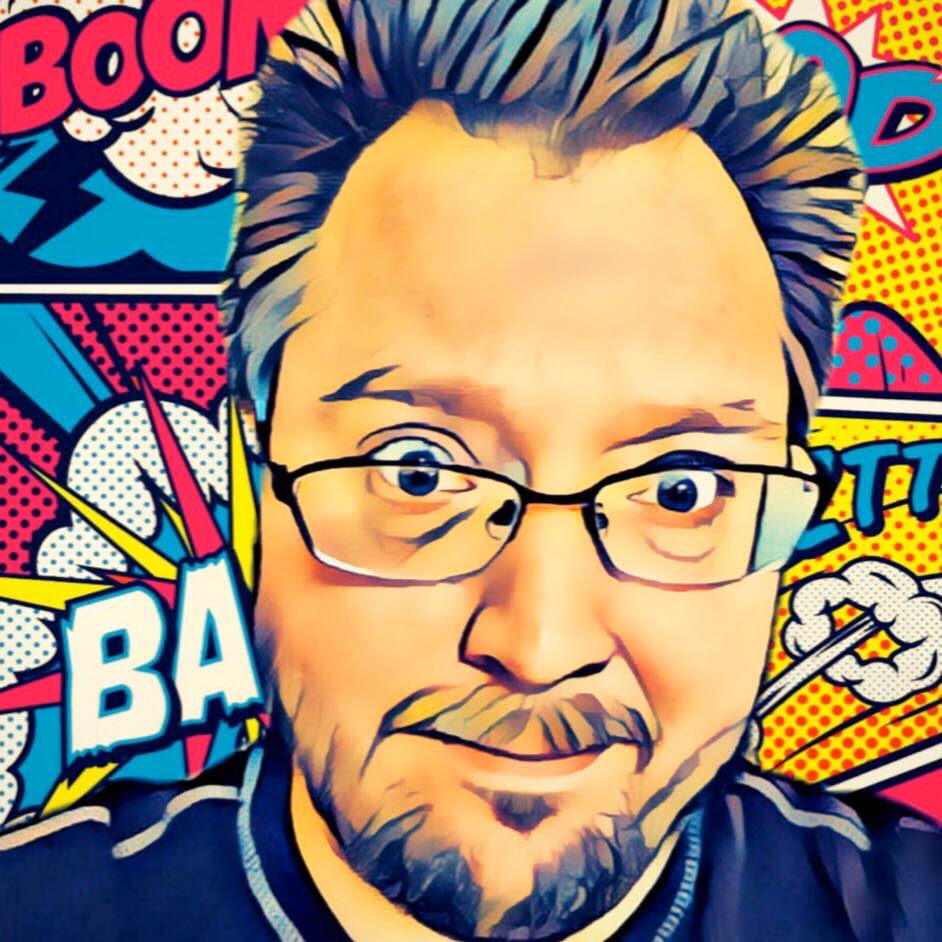

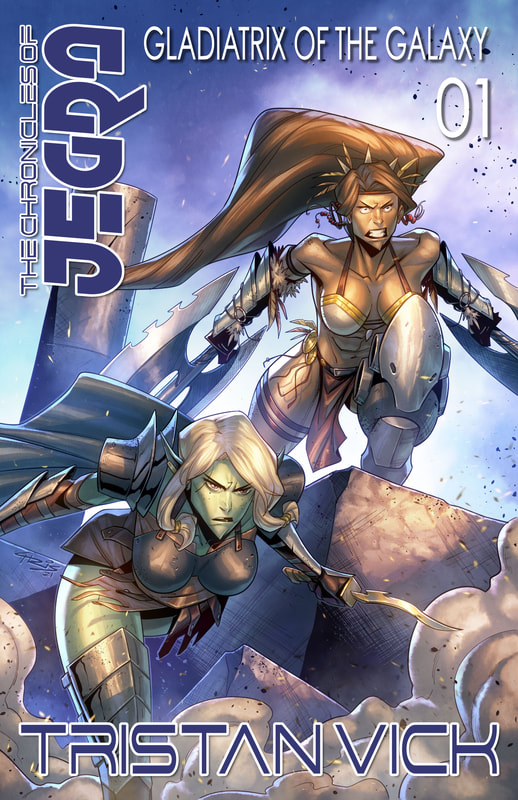
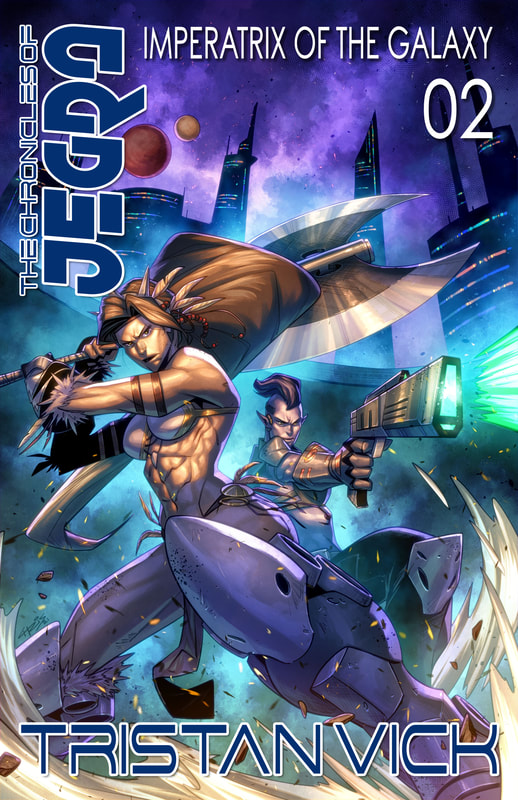
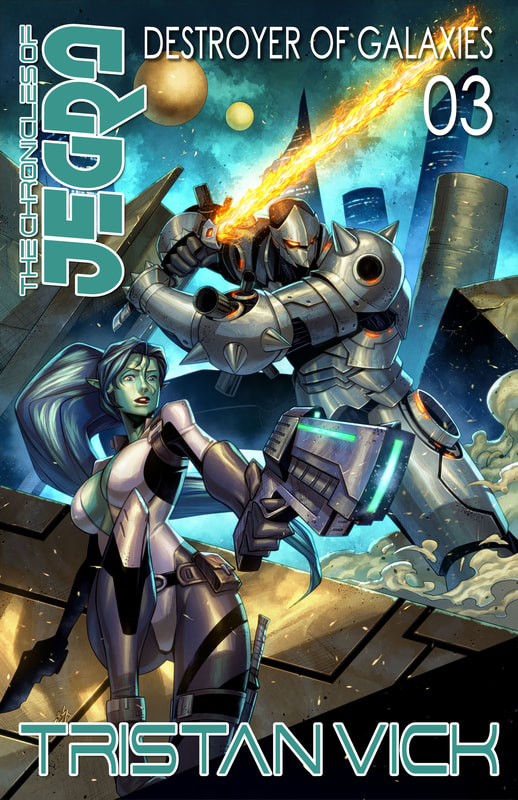
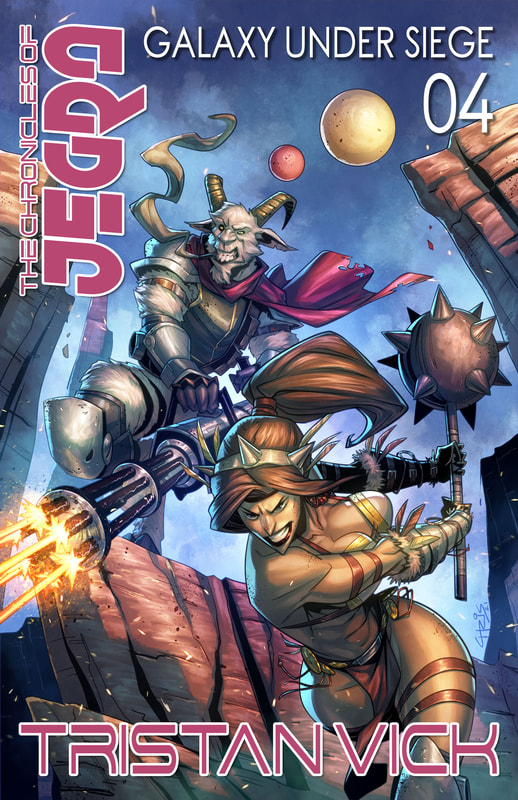
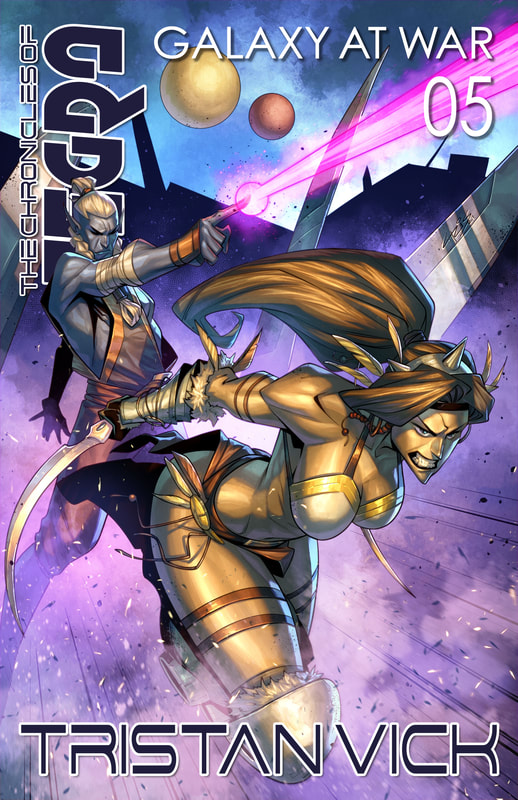
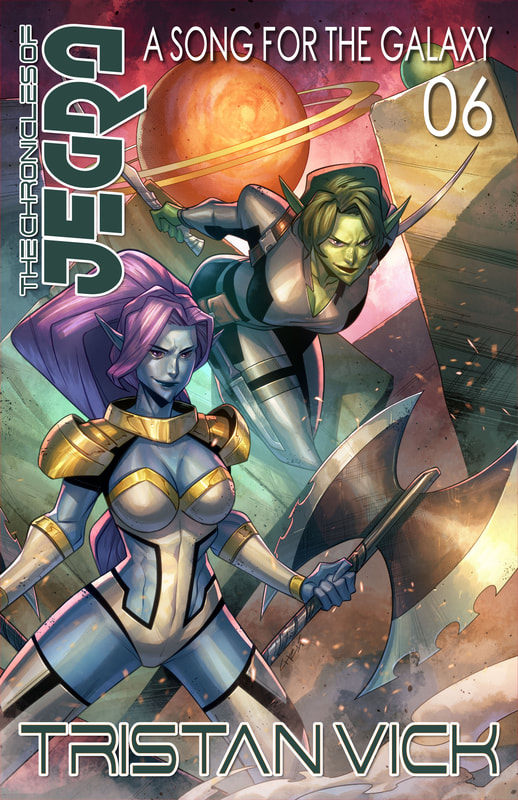
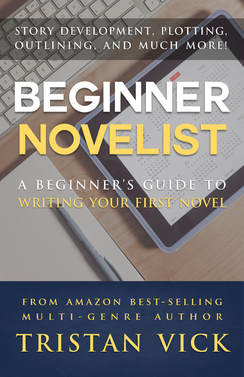
 RSS Feed
RSS Feed
